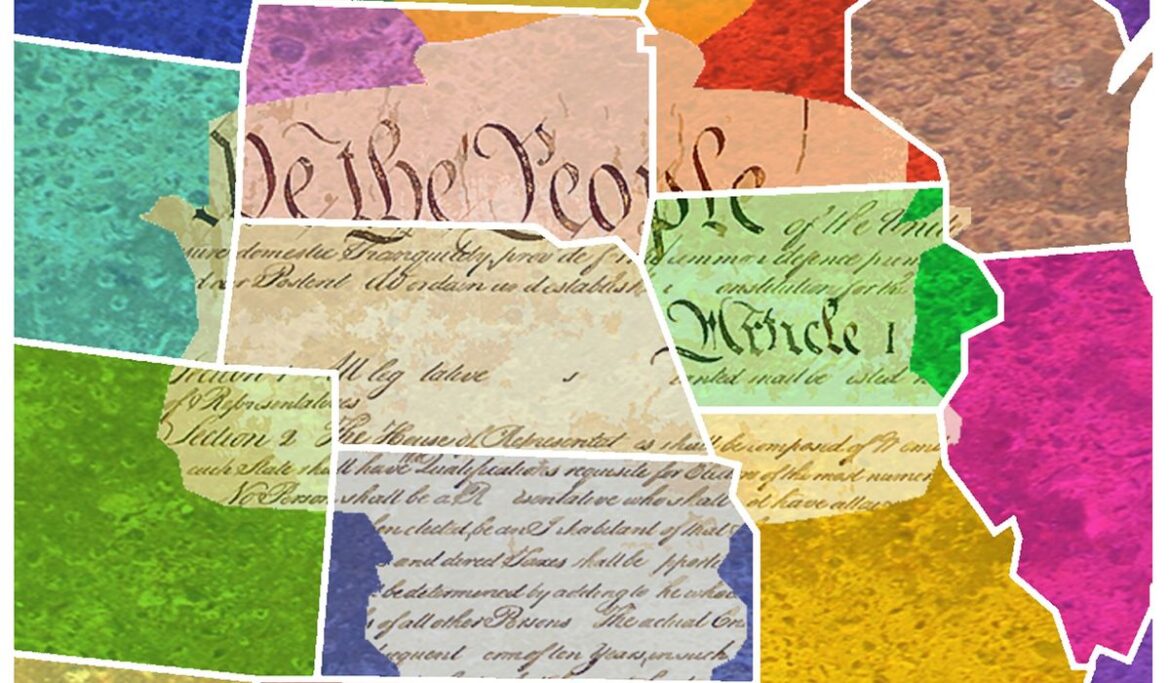OPINION:
About six weeks ago, The New York Times ran an article telling the stories of two families — the Nobles and the Huckinses — who moved to different states as a result of their respective states’ politics. One family fled Iowa for Minnesota. The other moved to Missouri from Oregon. Both families say they’re happier now.
The articles’ authors say these families’ stories illustrate the fracturing of America: “Americans are increasingly fracturing as a people, so some are taking the extraordinary step of moving to escape a political or social climate they abhor.”
While I agree that many of our sociopolitical problems, as Yuval Levin once put it, “are the troubles of a fractured republic,” I don’t believe a family’s ability — much less decision — to move from one state to another should be interpreted as a sign of dangerous division but rather as a signal of national health. Let me explain.
To the historically inclined, it’s an open secret that political communities are prone to separate. Ours is no exception. From the failings of the Articles of Confederation to the outbreak of the war President Abraham Lincoln described as a formidable attempt to disrupt the federal union, our nation has been an object lesson on political separation.
And yet we have remained intact, not for the sake of American unanimity but, to paraphrase Polybius, “to preserve liberty through stability.”
Although our union endures for now, mark my words: The only way the United States will continue to thrive is for individual states to flourish. And central to the states’ flourishing is the authority to operate as the “laboratories of democracy” that the Framers envisioned.
Oklahoma is proof of concept. Because of the leadership of governing conservatives like Gov. J. Kevin Stitt, we are years into a turnaround that has led to record investment in public education, given rise to the state’s largest savings account, and made Oklahoma a national leader in net domestic migration. In other words, people don’t just like what’s happening in Oklahoma; they’re moving here to become part of it.
As an Oklahoman, it’s not lost on me that the state’s turnaround would have been next to impossible in most nations, where one set of rules is imposed on the masses, usually from afar.
Notwithstanding concerted efforts to centralize American political power in the hands of Congress and the president, American power is still divided. And that’s a good thing. Because although it may seem counterintuitive, freedom is actually enhanced, not curtailed, when states have the right to experiment, subject to important federal constitutional limitations, with social and economic policies until they do right by their citizens.
It’s for that reason — doing right by people — that efforts are underway to modernize Oklahoma’s criminal justice system, to empower parents to take control of their children’s education, and to fight back against backward policies such as gender transition and therapy for minors.
It’s also what’s motivating Oklahoma to diversify its economy and refuse to go along with politically motivated environmental, social and governance investment criteria. Present-day Oklahoma has a healthy dose of what Will Rogers prescribed for America’s ills 100 years ago: dirtier fingernails and cleaner minds.
You may think we’re bonkers, but that’s just my point. In Oklahoma, our sleeves are rolled up. Hands are in the dirt. Hearts and minds aimed, albeit imperfectly, at all that’s good, true and beautiful.
To put it another way, in Oklahoma, we’re building a place families are proud to call home and where people can work and worship as they see fit — where families are free to flourish. If that’s not you, there are 49 other states to choose from. I’m sure one of them would have you.
One more thing. I am the father of three, so I get what’s implied when the Nobles and the Huckinses describe the decision to move from one state to another as extraordinary. Some mornings, it feels extraordinary just to get my children out the door — much less on time — for school or church.
That said, I don’t mean to make light of what’s entailed in a decision to move across state lines. I’ve watched relatives and friends make cross-country moves. Sorrow and complexity seem to be they baked into the process, no matter how prepared the family is.
Anyone who has seen “Inside Out,” the 2015 film that follows a preteen struggling to adjust to her family’s relocation from Minnesota to San Francisco, knows that leaving behind everyone you’ve known or loved can be traumatic — not just for children but also for adults.
However, if the only collateral damage for protecting a state’s right to experiment with policies designed to help residents flourish is an uptick in families moving from one state to another, warts and all, sign me up. The liberty and stability that’s borne of the right to relocate freely are surely better than walking down Unanimity Road.
• Grayson P. Walker is counselor to Oklahoma’s secretary of state. Before law school, He worked as a middle school teacher, campus minister and research assistant in the Texas House of Representatives.


